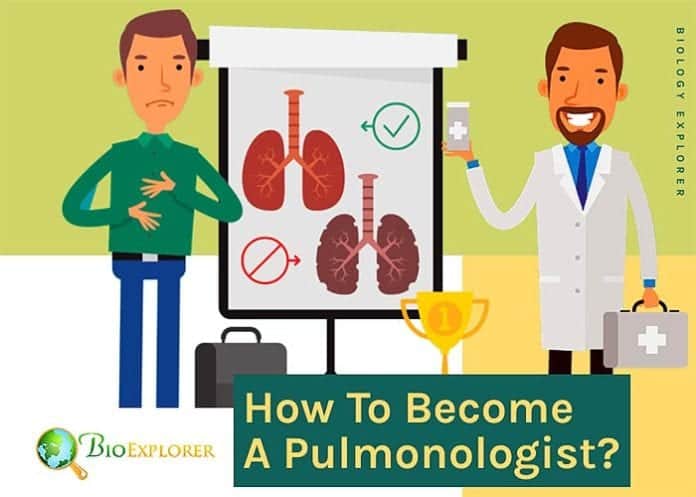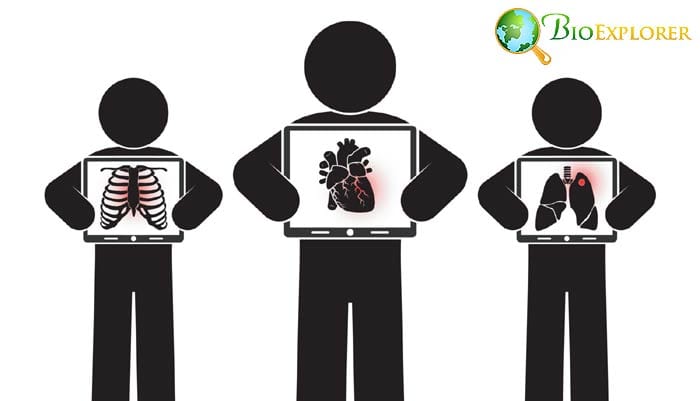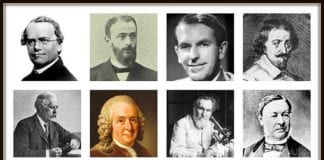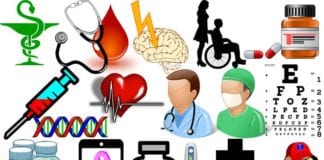
A pulmonologist is a specialist that deals with the diseases of the respiratory system, mainly the lower airways.
Explore what do pulmonologists do, how do they treat lung diseases and how to become a pulmonologist on this page.
A pulmonologist is one of the medical doctors who specializes in the respiratory system and its related diseases. They are experts in infectious, structural, inflammatory, and neoplastic respiratory diseases. Generally, primary care physicians refer to pulmonologists.
Table of Contents
What Do Pulmonologists Do?

Pulmonology is a branch of internal medicine. Pulmonologists go through the same training and educational requirements as internists.
- They are taught explicitly in internal medicine, lungs, and the cardio-pulmonary system, which encompasses the lungs, heart, blood vessels, and all the organs that help human breathe. The airway encapsulates the nose, mouth, pharynx, larynx, trachea, bronchi, bronchioles, and alveoli.
- Pulmonologists use a variety of techniques, namely medical imaging and testing, to diagnose lung diseases. Once a diagnosis is made, the treatment options include pulmonary rehabilitation or medicines. Rehabilitation is provided for patients who have not shown any improvements with the medicine.
Suggested Readings: Explore other medical specialties within internal medicine.
![]()
What Diseases Do Pulmonologists Treat?

Pulmonologists treat three major categories of diseases related to the respiratory system:
- A) Airway Diseases: These diseases specifically affect airways causing blockages of Oxygen transmission in and out of lungs. Asthma, COPD, and Bronchiectasis are examples of airway diseases.
- B) Lung Tissue Diseases: These diseases target the structure of the lung tissue. Inflammation or scarring of the tissue causes the lungs to expand and contract as healthy lungs would do (i.e., O2 in & CO2 out). The diseases include Pulmonary fibrosis and Sarcoidosis.
- C) Lung Circulation Diseases{/b}: These diseases attack the blood vessels in the lungs, causing clotting, scarring, or inflammation of the blood vessels. These lung circulation diseases might also affect heart function. An example of lung circulation disease is pulmonary hypertension.
![]()
How to Become A Pulmonologist?
To become a pulmonologist, one should:
- Graduate high school with a high GPA.
- Complete a so-called “pre-med” Bachelor’s degree with courses in Biology, Physics, Chemistry, and Math, including laboratory practice.
- Volunteer in different settings, preferably related to the medical field.
- Pass the Medical college admission test (MCAT).
- Obtain a medical degree at a licensed medical school (requires 4 years of training, including internship) or osteopathic school.
- Pass the three stages of the United States Medical Licensing Exam (USMLE).
- If you study at an osteopathic school, you would need to pass the United States Comprehensive Osteopathic Medical Licensing Examination (COMLEX-USA).
- Join a 3 – year residency in internal medicine.
- Get board certified by the American Board of Internal medicine .
- Join a 2 or 3-year fellowship in pulmonology or pulmonology and critical care medicine . The fellowship involves:
- At least 12 months of training in pulmonary biology and related fields.
- At least 12 months of patient care and diagnosis.
- At least 6 months of experience of care for critically ill patients for the students choosing the combined pulmonology/critical care fellowship.
- Get board certification in pulmonology or dual certification in pulmonology and critical care medicine.
![]()
How much do Pulmonologists make?
The average salary range for a pulmonologist in the USA is between $180,000 and $388,000 per annum.
![]()
Cite This Page
Key References
- “Know Your Providers: What Does a Pulmonologist Do? | American Lung Association”. Accessed December 27, 2019. Link.
- “Lung disease: MedlinePlus Medical Encyclopedia”. Accessed December 27, 2019. Link.
- “Pulmonary Disease Certification Policies | ABIM.org”. Accessed December 27, 2019. Link.
- “Home | ABIM.org”. Accessed December 27, 2019. Link.
- “American Thoracic Society – Fellowship Training in Pulmonary and Critical Care Medicine”. Accessed December 27, 2019. Link.
- “Physician / Doctor, Pulmonary Medicine Salary | PayScale”. Accessed December 27, 2019. Link.






















